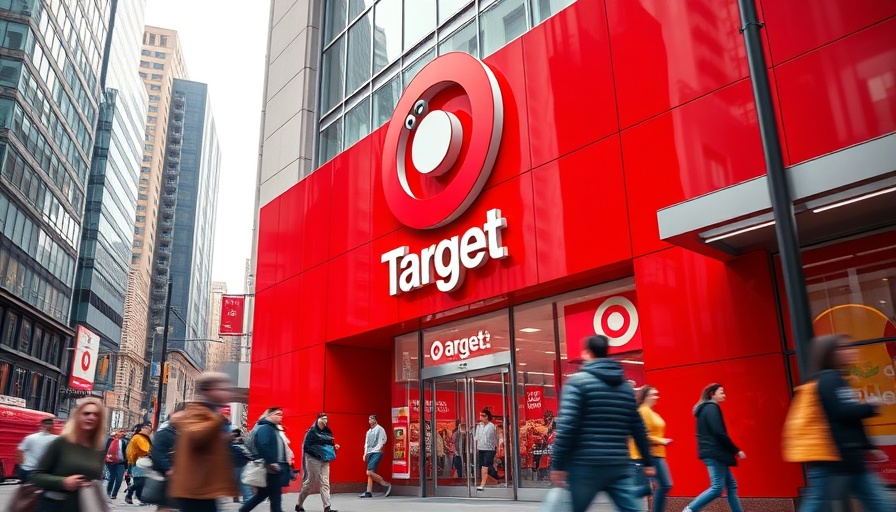
The Downward Spiral of Target's Brand Identity
Once a beloved destination for shoppers seeking quality goods at affordable prices, Target has recently faced challenges that have left both customers and investors disappointed. Reports indicate that Target's stock shares have plummeted significantly, with annual sales stagnating for four years. This prolonged struggle suggests that the retailer is losing its unique edge in a competitive marketplace.
Mary Molina, a frequent shopper in Westchester, New York, recounts how her relationship with Target has transformed since the pandemic. What was once a weekly ritual has now diminished, with her visits reduced to just a couple times each year. Molina’s experience highlights a worrying trend: the decline in customer satisfaction stemming from stock shortages and a perceived drop in service quality. "The store feels like a sea of generic," she noted, indicating that Target’s charm is fading.
Challenges From Competitors
The experiences echoed by shoppers like Molina raise important questions about Target’s future. As more consumers shift their loyalty to competitors like Walmart and Amazon, Target must rethink its value proposition. The retailer once distinguished itself not just through competitive pricing, but by curating a selection that emphasized style and quality. Now, with an influx of generic products often out of stock, its differentiator appears lost.
Retail experts suggest that Target’s declining brand identity may be linked to broader market pressures—such as shifts in consumer behavior towards ecommerce—as well as supply chain issues exacerbated during the pandemic. Suppliers have struggled to keep up with fluctuating demand, further straining Target’s offerings.
The Leadership Question
As target faces these challenges, the impending end of CEO Brian Cornell’s contract adds another layer of uncertainty. Stakeholders are keenly watching to see who will take the reins, as effective leadership will be critical in navigating the retailer’s recovery. With a powerful legacy to uphold, the next leader will need to spearhead a revival, revamping Target's identity and restoring customer trust.
Next Steps for Target's Revival
Understanding these dynamics is crucial for investors and stakeholders considering potential commitments to the retailer. It’s essential to monitor how Target adapts to these market shifts, and if it will regain the charm that attracted millions in the first place. For potential investors, keeping an eye on Target’s strategic decisions and customer service improvements will be imperative in determining the retailer's path forward.
 Add Row
Add Row  Add
Add 




Write A Comment